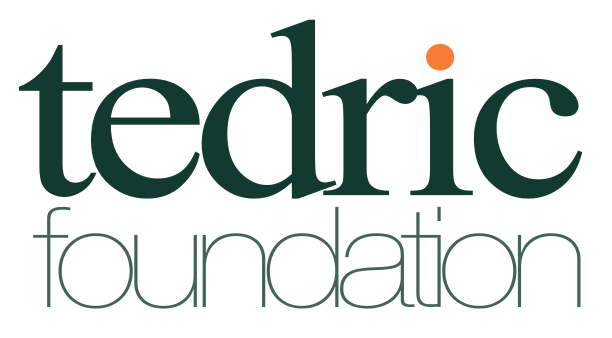Orphans Project
"Orphans projects" refers to organized efforts, often by non-profit organizations and charities, to support and care for children who have lost their parents or are separated from their families. These projects can focus on various aspects of a child's well-being, including providing basic needs like food and shelter, offering healthcare and counseling, funding education, sponsoring children financially, or even implementing broader community programs to strengthen families and prevent children from becoming orphans. Examples of specific projects include sponsoring a child through a global charity like the Sheldrick Wildlife Trust for wildlife orphans or organizations like Project Orphans that focus on human children in poverty.
Types of Orphans Projects
- Child Sponsorship:
- A direct financial commitment from a sponsor to meet the basic needs of a specific child, such as clothing, food, and school supplies.
- Educational Initiatives:
- Programs designed to ensure orphans receive an education, including access to schools, supplies, and resources.
- Healthcare and Well-being:
- Projects that provide medical care, vaccinations, psychosocial support, and counseling to help children cope with trauma and build resilience.
- Community and Family Support:
- Efforts to strengthen families, help them stay together, and provide families with the resources they need to care for their children, thus reducing the number of orphans.
- Habitat and Wildlife Orphan Projects:
- Some organizations, such as the Sheldrick Wildlife Trust, focus on protecting and caring for orphaned animals, like elephants and rhinos.
How to Get Involved
- Financial Support:
- Donate to established charities or sponsor a child directly to provide vital resources.
- Volunteering:
- Offer your time and skills to assist with orphan care, community development, or administrative tasks.
- Advocacy:
- Share the stories of vulnerable children and raise awareness about the challenges faced by orphans.
- Community Engagement:
- Get involved with local initiatives or become a foster family to support children in your community.
